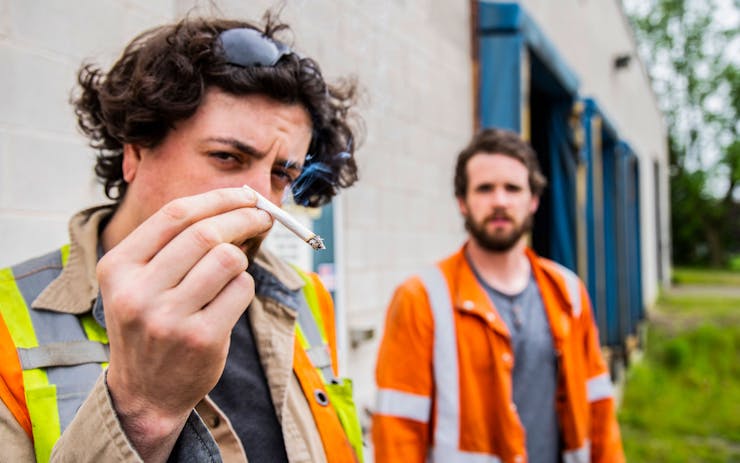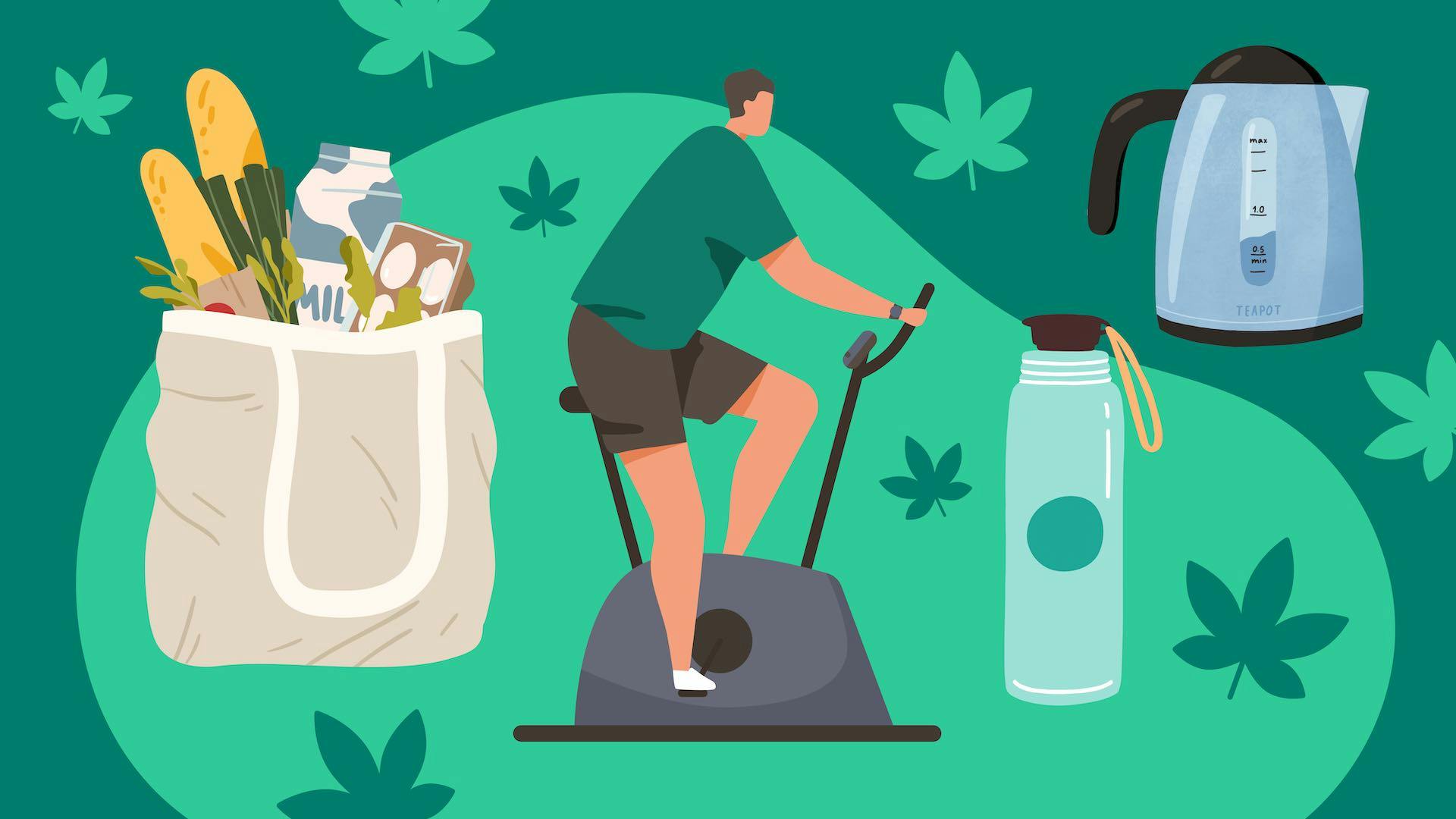A recent study of Canadian workers by Toronto research group Responsible Cannabis Use (RCU) found one in three believed they had carte-blanche to use medical cannabis on the job, provided they’d disclosed that they are a licensed patient.
One in four managers believed they had zero duty to accommodate medical cannabis use by staff, and 73% of managers believed a company can impose drug-testing on employees so long as the CEO says it’s ok.
All of them are wrong.
Cannabis in the workplace is a complex issue—employers now complain governments didn’t do enough to educate them ahead of legalization.
Workers and managers alike are poorly informed about laws on cannabis in the workplace (which vary from province to province, but are roughly uniform). Few know, for example, that only workers in safety-sensitive positions may be subjected to drug testing.
Even in “inherently dangerous” workplaces, the Supreme Court of Canada has determined employers may only conduct drug testing when there’s reason to believe an employee is impaired on the job, has been in a recent accident, or has returned from substance abuse treatment.
Nobody has the right to work while impaired by a prescription substance (cannabis or otherwise) or by a recreational drug like alcohol that limits their ability to do their job safely.
Non-safety-sensitive employees generally do not need to disclose use of any prescription drug (including medical cannabis) unless the prescribed drug presents the possibility of impairing the person at work. Even at that point, employers have a duty to accommodate use of authorized medical cannabis—”up to the point of undue hardship.” Recent legal decisions have proven experts aren’t quite sure yet how to measure “undue hardship.”
The Supreme Court of Newfoundland and Labrador supported an arbitrator’s decision that it was an undue hardship for a construction company to be forced to hire an employee to a safety sensitive position, knowing he was a medical cannabis user who consumed cannabis nightly.
The Court agreed the effects of THC may contribute to continued cognitive impairment that might present safety risks as much as 24 hours after consumption.
In a recent case in Vancouver, on the other hand, an arbitrator found Vancouver transit authority TransLink breached the rights of an employee who admitted occasionally using recreational cannabis when they subjected him to a year of twice-monthly randomized drug testing and forced counselling, despite the company’s own doctor confirming the worker did not have a cannabis use disorder.
TransLink company policy does not forbid cannabis use outside of work hours, demanding only that employees arrive fit for work.
In a 52-page decision, arbitrator Arne Peltz wrote TransLink’s drug testing was “grossly excessive and unnecessarily invasive,” and concluded the company doctor “either misunderstood or misstated the science on cannabis use and impairment.”
Aware of how few employers and workers are aware of their rights and obligations with regard to cannabis in the workplace—and how many still don’t have written guidelines regarding cannabis—RCU offers a free workplace cannabis policy template with which employers may begin drafting a policy.







